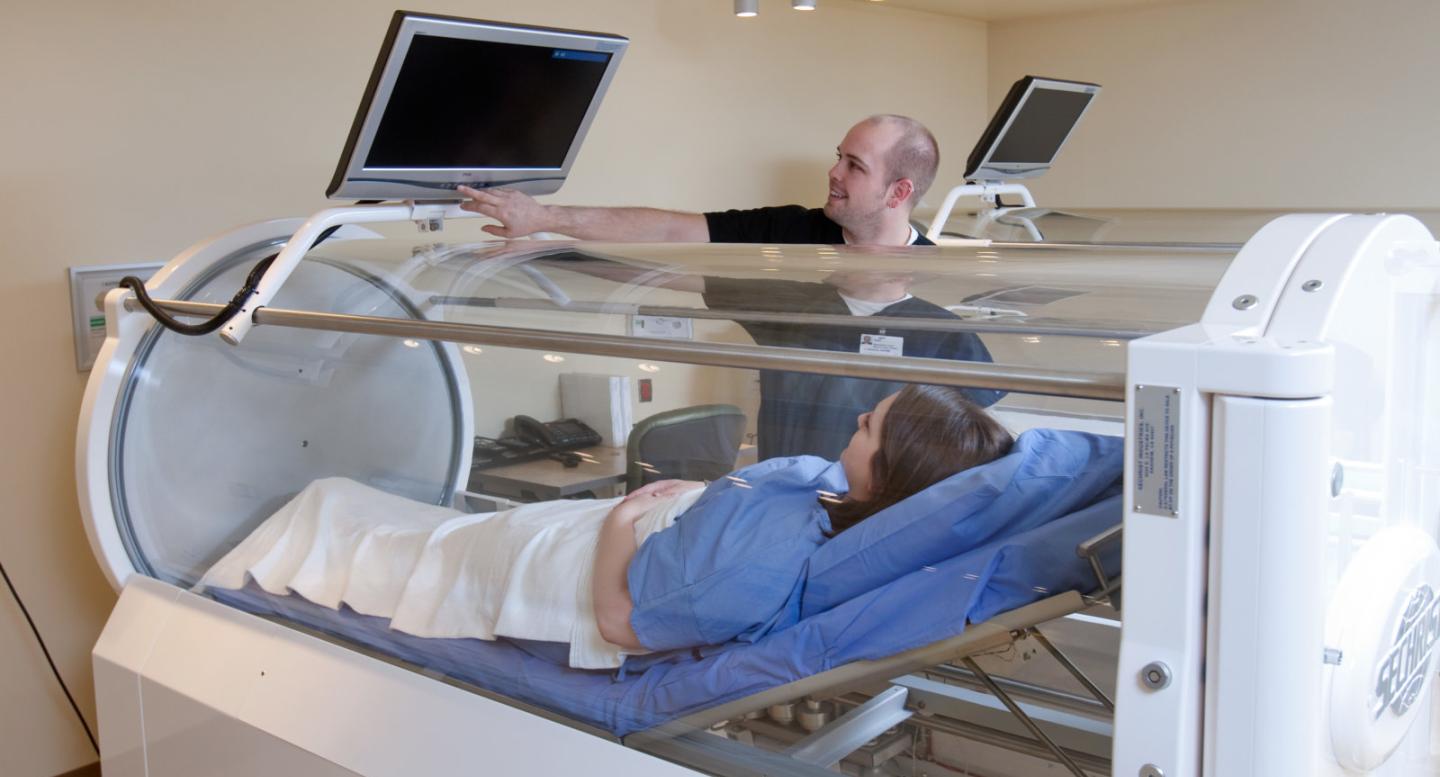Introduction
Home oxygen therapy is a crucial treatment option for individuals with chronic respiratory conditions or other medical needs. Learning to self-administer oxygen at home requires proper knowledge and adherence to guidelines to ensure safety, effectiveness, and comfort. Here are some essential tips for individuals undergoing home oxygen therapy.
Understanding Your Prescription
Before starting home oxygen therapy, ensure you fully understand your prescription. Your healthcare provider will specify the prescribed oxygen flow rate and the duration of therapy. Follow these instructions diligently to receive the intended benefits of the therapy.
Oxygen Delivery Systems
There are various oxygen delivery systems, including nasal cannulas, masks, and portable oxygen concentrators. Work with your healthcare provider to determine the most suitable system based on your oxygen needs, lifestyle, and comfort preferences.
Proper Usage of Equipment
Learn how to properly use and assemble your chosen oxygen delivery system. Practice putting on and taking off nasal cannulas or masks to ensure a comfortable fit. If using a portable oxygen concentrator, become familiar with its settings and operation.
Oxygen Safety Precautions
Oxygen supports combustion, making it a potential fire hazard. Keep oxygen equipment away from open flames, sparks, and flammable materials. Refrain from smoking while using oxygen therapy, and inform family members and visitors about the safety precautions.
Humidification
Oxygen therapy can lead to nasal dryness and discomfort. If your healthcare provider recommends it, use a humidification system to add moisture to the oxygen air. This can help prevent dryness and irritation in your nose and throat.
Maintaining Oxygen Levels
Keep a close eye on your oxygen saturation levels using a pulse oximeter. This device measures the oxygen levels in your blood and provides a good indication of the effectiveness of your therapy. Inform your healthcare provider if your oxygen levels are consistently below the target range.
Cleaning and Maintenance
Regularly clean your oxygen delivery equipment to prevent bacteria buildup. Follow the manufacturer’s guidelines for cleaning and maintenance. This includes replacing filters, cleaning tubing, and disinfecting masks or cannulas as needed.
Traveling with Oxygen
If you plan to travel while using home oxygen therapy, consult your healthcare provider well in advance. They can provide guidance on obtaining portable oxygen equipment, arranging oxygen delivery at your destination, and complying with transportation regulations.
Regular Follow-Up
Home oxygen therapy requires ongoing monitoring and adjustment. Schedule regular follow-up appointments with your healthcare provider to assess your progress, evaluate your oxygen needs, and make any necessary adjustments to your treatment plan.
Emergency Preparedness
Have a plan in place for emergency situations. Know how to switch to backup oxygen sources, such as portable tanks, in case of power outages or equipment malfunctions. Keep emergency contact information readily available.
Conclusion
Home oxygen therapy empowers individuals to manage their respiratory conditions from the comfort of their own homes. Adhering to proper guidelines, safety precautions, and equipment maintenance ensures the effective administration of oxygen therapy. By following these tips and working closely with your healthcare provider, you can experience the benefits of home oxygen therapy while ensuring your safety and well-being.

